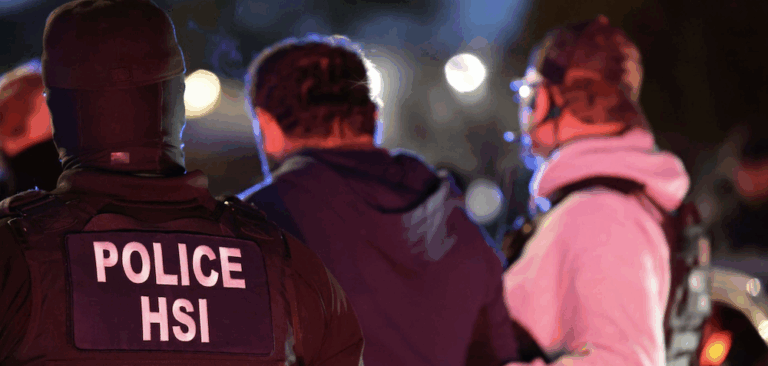
Trans issues back on national agenda
Top transgender and intersex advocates refreshed their lobbying efforts in Canberra this week with a new report outlining the remaining priorities for some of Australia’s most vulnerable minorities.
While the public’s awareness of transgender iss
ues continues to grow, one transgender advocate said there was still a disparity in legal recognition and access to public services.
The Diversity in Health report was launched Tuesday night in Canberra with the Parliamentary Friends of LGBTI Australians.
Almost 20 diverse sex and gender (DSG) advocates across Australia gathered in June for a roundtable discussion about the future reforms needed for the report.
It consolidated the existing priorities into five key areas: identity recognition, health care, legal protection, better health and education services, and more local research.
The National LGBTI Health Alliance organised the roundtable with transgender, intersex, queer and Indigenous sister girls from most states and territories.
“DSG people and organisations have demonstrated incredible resilience and personal responsibility over many years,” the report said.
“Right around Australia, however, DSG people continue to encounter high levels of stigma, violence, discrimination, and prejudice and as a result experience social isolation, unemployment, depression and suicide.”
Transgender Victoria spokesperson Sally Goldner told the Star Observer the level of national co-operation was unprecedented.
“The fact there was two days formulating DSG policy, I haven’t seen that in Australia before so that was historic,” Goldner said.
“I feel like we are at a cusp but I think public understanding of what transgender is is certainly increasing all the time.”
Goldner said Australian transgender people were still missing out because they faced a “shortage of social justice” despite increasing public awareness around gender diverse issues.
“Going back to last year when the passports improvements were announced there was barely a backlash,” Goldner said.
In September 2011, the Australian Government announced new guidelines for transgender people applying for passports. Before the change, transgender people were forced to undergo sex reassignment surgery before their gender could be changed on their passport which severely limited travel overseas.
The government relaxed the standards by allowing transgender people to present a statement from a medical practitioner supporting their gender.
Goldner said Transgender Victoria’s impression was that about 85 per cent of the Federal Parliament showed good-will towards DSG reform.
“It’s not really seen as massively controversial so I think we’ve got a chance to launch this document, make it clear what we want and go on getting some of it.”

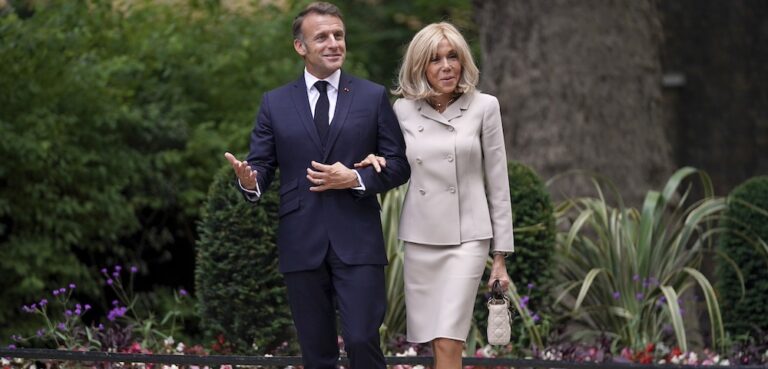
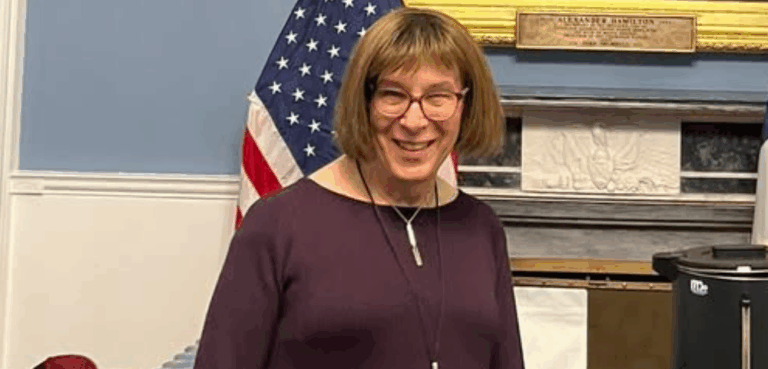
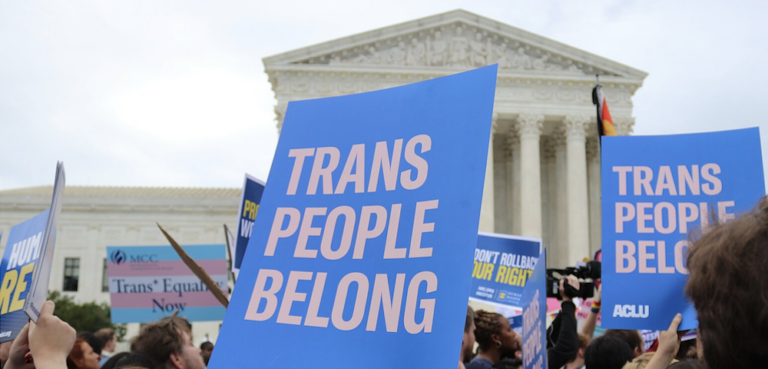
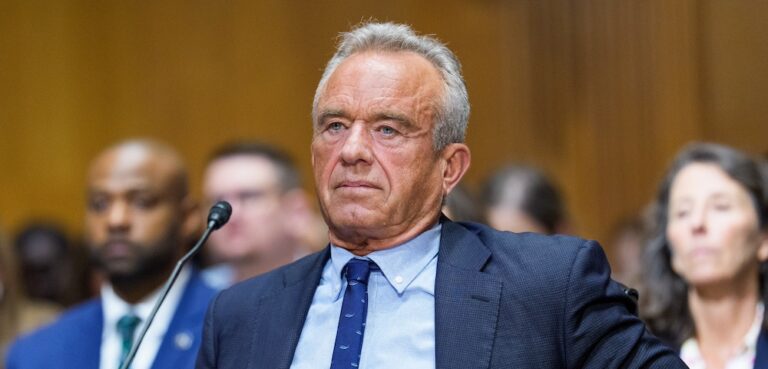
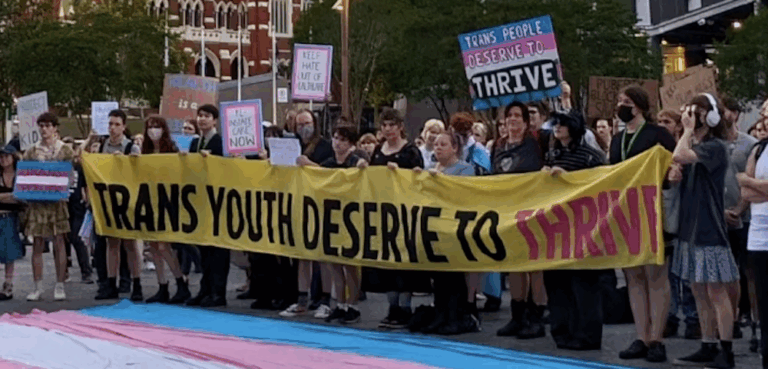



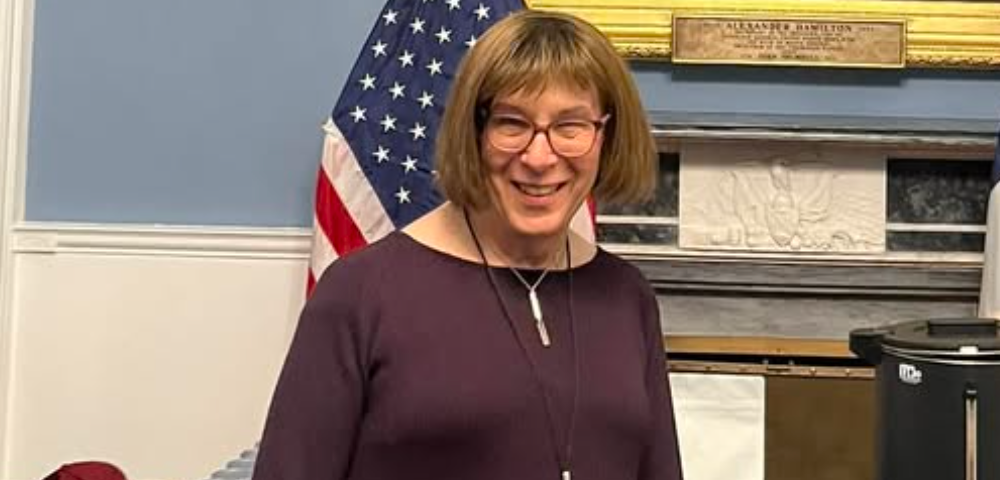

What about all the state laws (such as QLD, NT, NSW, TAS, SA, VIC and WA) that FORCE trans* people to divorce if they are already married? No one should be forced to divorce there spouse on the basis of someone’s gender identity! Those laws should be addressed and fixed up immediately too! What a total embarrassing joke this country Australia really is in 2014, by banning the recognition of gay marriage and forcing trans* people to divorce from there spouse!